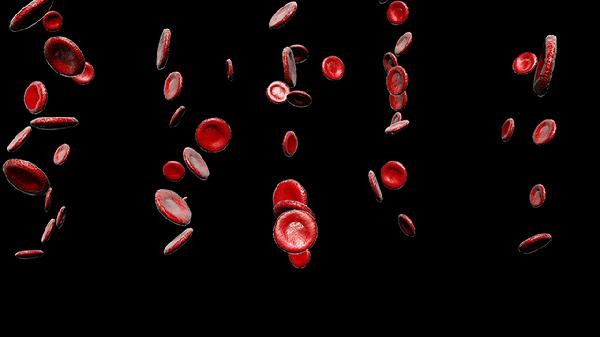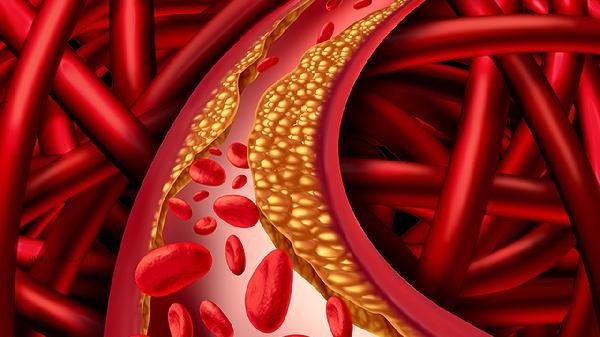The presence of red blood cells in urine may be caused by urinary tract infections, kidney stones, nephritis, urinary system injuries, or tumors. Specific examinations should be conducted to determine the cause.
1. Urinary tract infection: When bacteria invade the urethra, bladder, or kidneys and cause inflammation, mucosal congestion and damage can lead to red blood cell infiltration into the urine. Commonly accompanied by frequent urination, urgency, and burning pain during urination, it can be diagnosed through urine routine and urine culture. Treatment requires selecting sensitive antibiotics based on the pathogen, while increasing water intake to promote bacterial excretion.

2. Kidney stones: Scratching the epithelial tissue of the urinary tract during the movement of
stones can cause hematuria, usually accompanied by severe back pain or abdominal pain. B-ultrasound or CT can clearly determine the location and size of stones. Stones below 5 millimeters can be removed by drinking plenty of water and medication, while larger stones require extracorporeal shock wave or surgical removal. 3. Nephritis: When the glomerular filtration membrane is damaged, red blood cells leak into the urine, which may be accompanied by proteinuria, edema, or hypertension. Renal or non renal hematuria should be distinguished by morphological examination of urine red blood cells, and renal biopsy should be performed if necessary. Treatment includes controlling blood pressure, using immunosuppressants, and consuming a low salt, high-quality protein diet.
4. Urinary system injury:
Trauma, catheterization, or vigorous exercise may cause mechanical damage to the urinary system, manifested as sudden gross hematuria. Cystoscopy or imaging examination can locate the site of injury. Mild injuries can often self heal, while severe bleeding requires interventional embolization or surgical repair.

5. Tumor factors:
Tumor tissues such as kidney cancer and bladder cancer are rich in blood vessels and prone to rupture and bleeding, characterized by painless intermittent hematuria. Middle aged and elderly patients with such symptoms should immediately undergo ultrasound, CT urography, or cystoscopy. After diagnosis, surgical resection or radiotherapy and chemotherapy can be selected according to the stage. After discovering hematuria, it is recommended to record the frequency of attacks and accompanying symptoms, and avoid vigorous exercise and spicy food stimulation. Drink at least 2000 milliliters of diluted urine daily and regularly monitor blood pressure and kidney function. People over 40 years old or those with persistent hematuria for more than two weeks need to undergo comprehensive tumor screening, and women of childbearing age need to rule out the possibility of menstrual contamination. Daily attention should be paid to observing changes in urine color. During periods of gross hematuria, bed rest should be taken. Collecting mid morning urine for testing can improve the accuracy of the test.










Comments (0)
Leave a Comment
No comments yet
Be the first to share your thoughts!